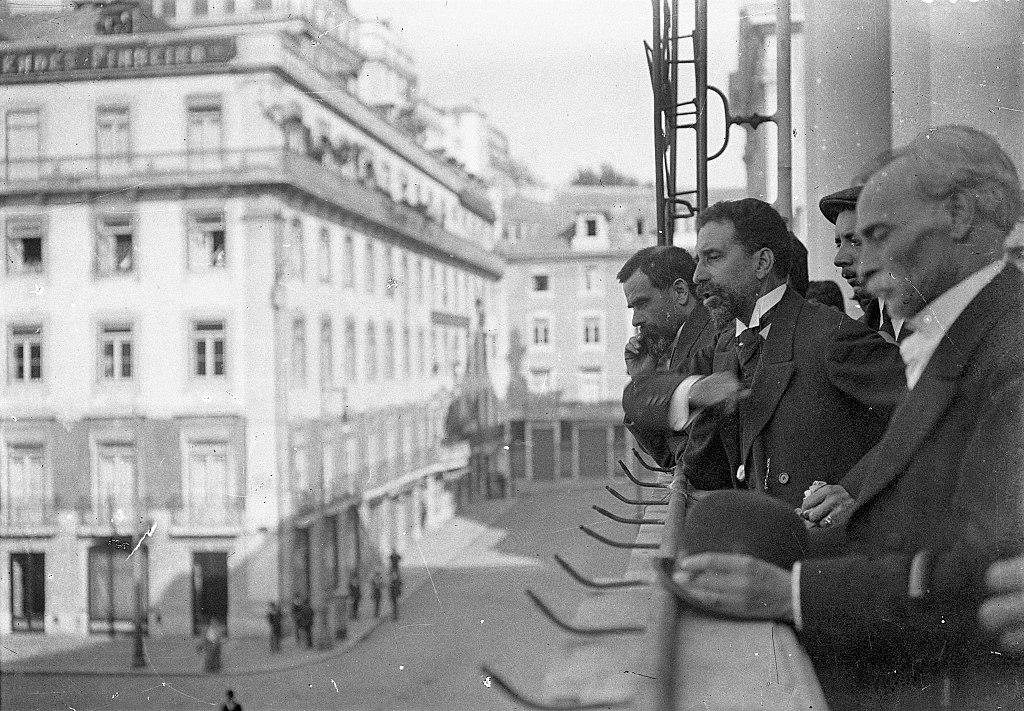King Manuel II ascended to the Portuguese throne in 1908 at the tender age of 18, following the tragic assassination of his father, King Carlos I, and his elder brother. His reign, however, was marked by political instability, economic challenges, and social unrest. The monarchy's declining popularity and its inability to address the pressing issues facing the country set the stage for the revolutionary movement that would soon unfold.
The 5th of October Revolution in 1910 saw several influential figures who played pivotal roles in overthrowing the Portuguese monarchy and establishing the First Portuguese Republic:
- José Relvas: José Relvas, a lawyer, journalist, and politician, emerged as one of the key instigators of the revolution. He passionately advocated for republican ideals and social change, playing a crucial role in organizing and mobilizing revolutionary forces.
- Teófilo Braga: Teófilo Braga, a writer, professor, and philosopher, was another prominent figure in the revolution. Known for his republican beliefs, Braga actively participated in the planning and execution of the revolution, as well as shaping the subsequent republican government.
- Basílio Teles: Basílio Teles, a military officer and republican activist, was instrumental in leading the military component of the revolution. He commanded revolutionary forces during the seizure of strategic locations in Lisbon, helping to dismantle the monarchy's authority.
- Bernardino Machado: Bernardino Machado, a prominent politician and intellectual, played a significant role in the revolution's aftermath. He became a key figure in the newly established republican government and served as President of Portugal in later years.
- Afonso Costa: Afonso Costa, a lawyer and politician, was a driving force behind the republican movement. Known for his radicalism, Costa became a prominent figure in the revolutionary government, implementing significant political and social reforms.
Lisbon.vip Recommends
The 5th of October Revolution brought about a profound transformation in Portugal's political landscape. The monarchy, which had ruled the country for centuries, came to an abrupt end, making way for the First Portuguese Republic. The revolution marked a shift towards republican ideals, democracy, and social reforms. However, the early years of the republic were fraught with challenges, including political instability and economic struggles. King Manuel II's exile marked the end of the monarchy in Portugal, but he would continue to advocate for a return to the throne until his death in 1932.
The 5th of October Revolution in 1910 remains a pivotal event in Portuguese history, forever altering the country's political trajectory. This revolution, fueled by widespread discontent and led by figures like José Relvas, brought an end to the monarchy and paved the way for a new era of republican governance. The legacy of this revolution, though marked by subsequent challenges, played a crucial role in shaping modern Portugal, as the nation continued to strive for progress, democracy, and social justice in the years that followed.



